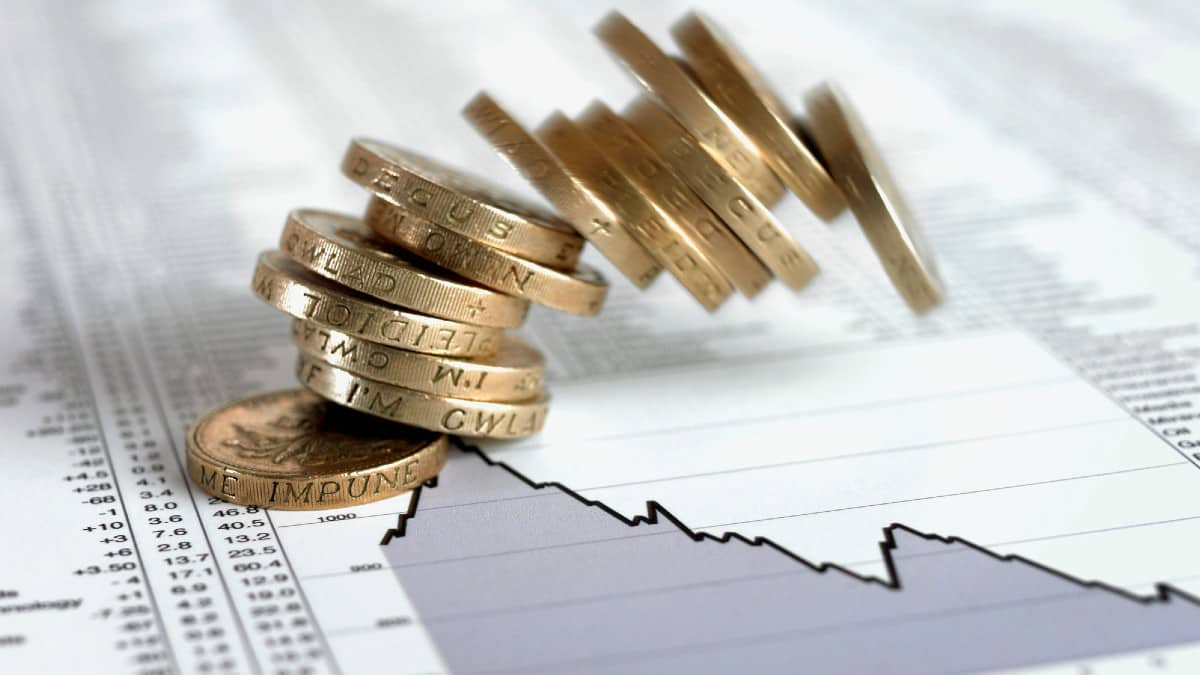So-called growth stocks had a strong 2020 – especially if they were tech-related. These shares often pay a lower dividend and instead reinvest heavily back into the business to grow more.
One such share is gaming company Team17 (LSE: TM17). However, investors’ rotation to value, stoked by fears of inflation, along with valuations getting just a bit high and tough comparisons against a very strong 2020, have all bought the share price of this growth stock down.
What’s happening with this growth stock share price?
So far this year, the Team17 share price is down 20%. Over 12 months, however, the shares are still up, by around 12%. The fall has been particularly steep recently. Potentially that opens up a buying opportunity.
If we look back further over a longer period of time, the shares have delivered for shareholders. Five years ago the shares traded at just over 200p. At the time of writing, they are 680p.
Even final results in mid-March that showed revenue up 34% and profit before tax up 36% haven’t helped the share price. The games producer released a record number of new games, so is performing well on an operational, as well as a financial, front.
I think overall, as the results highlight, Team17 is a strong business but investors feel there are better opportunities and greater value in other parts of the market. That’s why the shares have been falling.
Would I add to my portfolio?
I think Team 17 is a very good company. Because has strong financials and fundamentals, it has a good games catalogue to help it earn future revenues and it has an entrepreneurial founder who is still CEO and a major shareholder.
But alongside all those positives there is a risk of trying to catch a falling knife if I invest now. As good as the company may be, the share price could keep falling. The price-to-earnings ratio, while well down, is still potentially quite high.
Also, if lots of investors are putting money into reopening stocks, then that could squeeze stocks that were considered winners from the pandemic because the conditions that helped their share prices are now being reversed.
The big question is: does the opportunity to go outdoors mean less demand for gaming? I’m not sure it does long term. Gaming is still a growth industry. That’s why I’ll keep the shares on my watchlist and wait for any signs of recovery.
My last point is that the shares are starting to look decent value for a gaming stock. So it’s a case of decent growth share, but the share price is being beaten down and may continue to be so. I don’t want to add this too early into my portfolio, even if I am investing for the long term.







